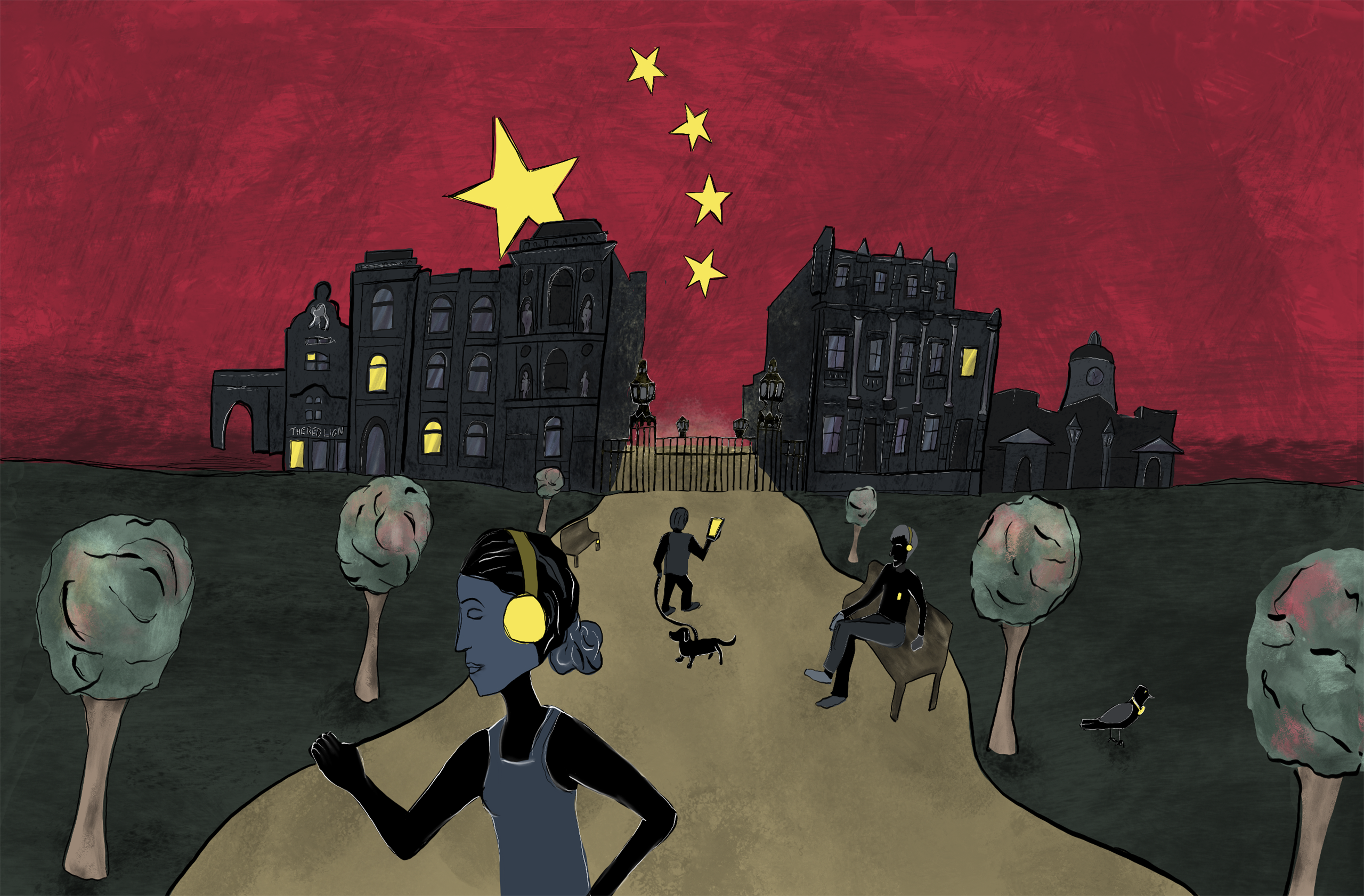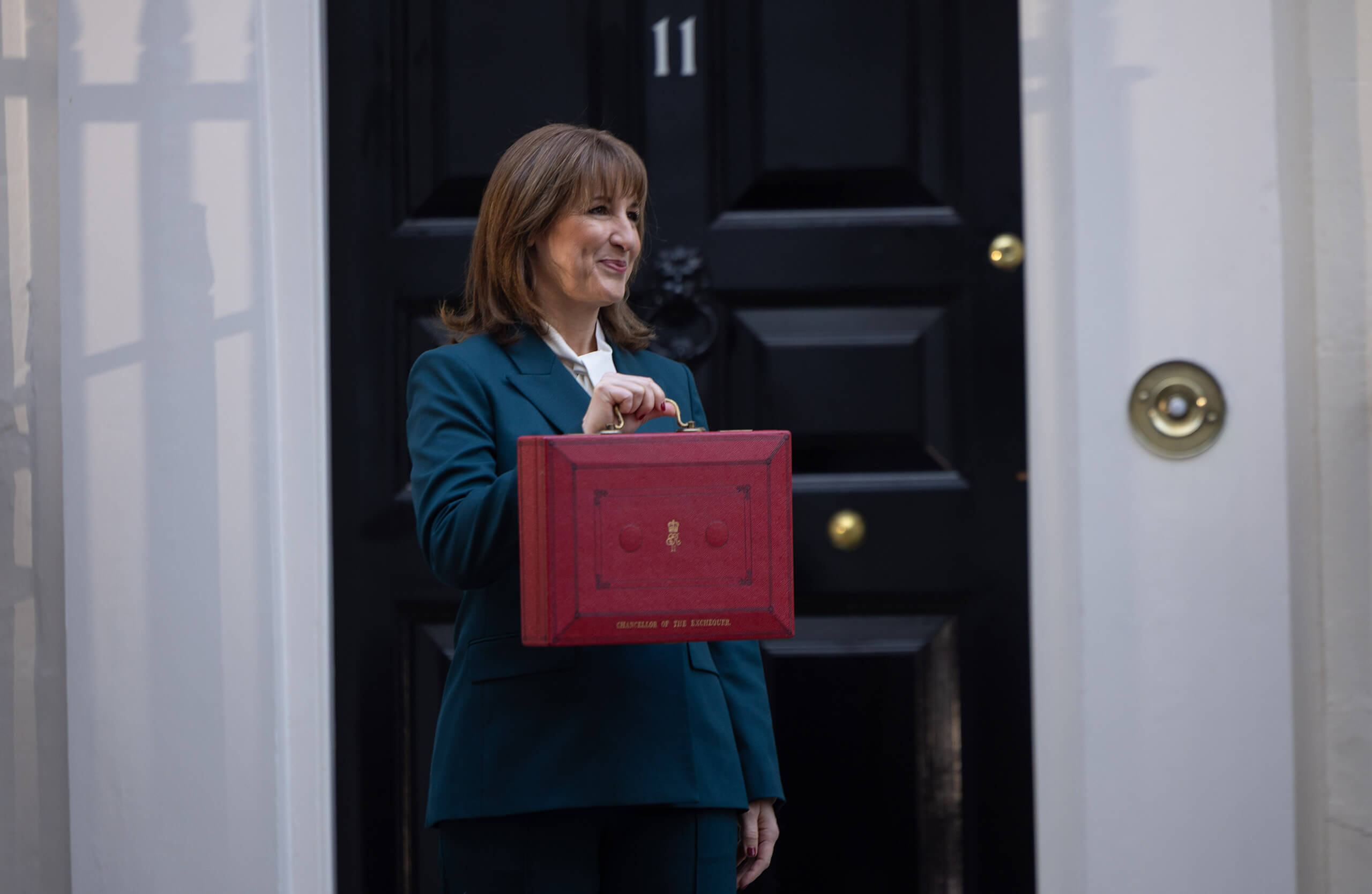Park benches, eavesdroppers and undue influence
In the second week of January, three years ago, every MP and peer in Parliament received the same urgent email. The sender was Speaker Sir Lindsay Hoyle, and the contents proclaimed the discovery of a Chinese spy right in the heart of Westminster. The accused was a woman named Christine Lee, an Anglo-Chinese lawyer, who had been uncovered as operating as a covert instrument of Beijing. Over the years, this enigmatic figure cultivated ties with serving and aspiring MPs, not merely in discussion groups and networking events, but also through £700,000 worth of donations to MP research teams and offices. The email alert, orchestrated by MI5, accused Lee of ‘political interference activities’ coordinated with the Chinese Communist Party’s United Front Work Department. These are claims that the Chinese government strongly denies.
A lot has changed in Westminster over the last three years. But concerns over Chinese espionage have remained constant, with each month seeming to bring with it more alarm bells ringing against Chinese espionage. Some whistleblowers and journalist stell of Parliamentary staffers secretly leaking information to Chinese contacts, others verge closer to hysteria: Westminster’s historic Red Lion pub is ‘packed full of Chinese spies’ claims one of the Daily Mail’s most reputable sources – even the benches in St James’ Park, a sandwich spot for civil servants, are ‘literally bugged’.
Even if the Daily Mail’s unnamed sources are not to be taken at ‘literal’ face value, the UK government itself issued warnings to civil servants to be wary of messages from fake accounts on LinkedIn, sent by Chinese agents trying to strike up conversation and exchange information. They also warned against accepting lucrative job offers from Chinese companies who hope to lure senior civil servants out of the workforce, citing ‘a revolving door between the Government and certain Chinese companies’. The pressure from Chinese involvement in Westminster and Whitehall has moved, according to the Intelligence and Security Committee, from ‘influence – a legitimate course of action – into interference’.
From engagement to alarm
The scandal caused by Ms Lee has created a new scepticism in Westminster. Chinese advisors, or researchers and politicians who have spent too long in China, in Parliament and Whitehall are treated with suspicion. Every Parliamentary pass holder is scrutinised for undisclosed connections to China. All-Party Parliamentary Groups (APPGs), which are cross-party roundtables chaired by MPs, are also under fire. The report that resulted from Christine Lee’s trial found that Ms Lee had a key role in setting up the ‘Chinese in Britain’ APPG and that this group had helped direct some of Ms Lee’s donations to MPs. As such, the report concluded, APPGs were concluded to be at risk of ‘improper lobbying’ and ‘peddling influence’ by foreign actors. At the same time, many informal China-policy networks – previously run by and involving British MPs, civil servants and academics – have been shut down, despite having played a key role in fostering discussion and educating government officials on recent developments in China.
What Westminster gets wrong about China
It goes without saying that a lot should be sacrificed to preserve the integrity of the government. However, the wholesale restricting or cutting down of these spaces risks exacerbating pre-existing confusion about the way China is run. Time and time again, British politicians have demonstrated deeply held misconceptions about China’s economy and government.
In an interview with the New Statesman, Yuan Yang, a Chinese-born and UK-raised Labour MP, spoke out about the confusion that shrouds much of China policy in Westminster. One of the misconceptions she listed was that most MPs suffer from ‘confusion over [China’s] economic system’. Although officially a communist state, the Chinese economy, Yang describes, is much closer to an ‘authoritarian capitalist state’, where the government guides the private sector but does not have total control over it. Though basic, this is not common knowledge, Yang claims.
Likewise, Yang said, many British politicians believe that the average Chinese person has no means of expressing protest. This is just not true: like most other countries, there are consistent public protests about workers’ pay, housing, healthcare and job security. ‘The fact people aren’t screaming on social media doesn’t mean that they aren’t disgruntled or that they don’t have their own mind,’ Yang explained. ‘I find it very insulting when people say Chinese people are brainwashed, essentially.’
These are two fundamental ways in which China is misunderstood by British politicians and policymakers. More nuanced features of the Chinese system, such as the high degree of autonomy given to provinces and the differences in agenda between central and local governments, are not discussed at all.
No compass, no map: Britain's missing China strategy
Espionage concerns are serious. And yet, it doesn’t take a China specialist to recognise that there is an increasing need for MPs and civil servants to understand China and to dismantle misconceptions that prevent politicians from thinking clearly about China. After all, China is becoming an increasingly important partner, rival and player for the UK, in part thanks to Trump’s tariffs.
Despite this, Britain has not had a cohesive China strategy for a long time. Sunak’s 2023 China Policy (‘protect, align, engage’) was seen as woolly and unfocused, without clear targets and muffled by a thick veil of secrecy. Starmer’s policy is no clearer than his predecessor’s, and has been accused of being secretive, reactive and lacking a ‘whole-of-society’ approach.
This uncertainty has caused the government to hesitate over key UK-China decisions. Should the government approve China’s new plans for a 614,000 square-foot ‘super embassy’ (called a security risk by London Metropolitan Police)? Should it include China on the toughest tier of UK regime tracking ‘covert foreign influence’? How should it regulate or ban solar panels produced in Xinjiang, allegedly made by enforced labour of Uyghur Muslims? The UK must balance its need for cordial trade with China alongside a whole assortment of ethical or security concerns – this kind of delicate balancing act requires policymakers and shapers to have a sophisticated and nuanced understanding of China.
Mandarin lessons and immersion days: what the government is doing right
The British Government, then, is in a complex bind. On the one hand, it seeks to preserve the security and integrity of the government’s decision-making bodies, and on the other, it urgently needs to equip its politicians with a basic understanding of China.
Thankfully, there are several formal and informal initiatives across Westminster and Whitehall aimed at strengthening China expertise. Launched in 2023, the Mandarin Network is a cross-government initiative supporting language learning and cultural understanding. It includes a Mandarin Pilot Programme with over 50 hours of fully funded lessons for 150 learners, two Mandarin Immersion Days, and language testing for 34 members. In addition, the China Capability Programme has funded 100 new part-time Mandarin learning slots for civil servants of varying levels, from beginner to advanced. These lessons complement the Foreign, Commonwealth & Development Office’s (FCDO) own language offerings, which include both part-time classes and a pipeline of staff undergoing full-time training – some involving week-long immersion trips to Taiwan, in preparation for specialist China-facing roles.
Beyond the language barrier: Why China literacy must go mainstream
Despite these positive steps, current programmes remain small in scale and heavily oversubscribed. The existing training primarily benefits those who already have a keen interest in China or some language background – but a much broader foundation of understanding is needed.
Given China’s growing importance on the global stage, knowledge of its political, economic and cultural systems should not be niche expertise. It must become basic literacy for all those shaping UK foreign and domestic policy. Without wider access to non-specialist China education, misconceptions will persist, and policy will continue to suffer from reactionary guesswork.







